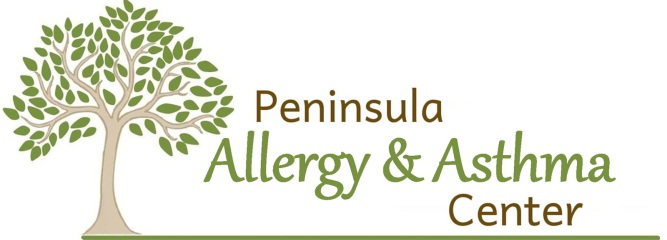
Stay Informed
Asthma and Exercise: Tips to Remember
Do you cough, wheeze and have a tight chest or shortness of breath when you exercise?
If yes, you may have excercise-induced bronchoconstriction (EIB). This happens when the tubes that bring air into and out of your lungs narrow with exercise, causing symptoms of asthma.
An estimated 300 million people worldwide suffer from asthma, according to the World Health Organization, and strenuous exercise makes it worse for many people. Some people with EIB do not otherwise have asthma, and people with allergies may also have trouble breathing during exercise.
Symptoms
If you have EIB, you may have problems breathing within five to 20 minutes after exercise. Your symptoms may include:
• Wheezing
• Tight chest
• Cough
• Shortness of breath
• Chest pain (rarely)
Triggers
People with EIB are very sensitive to both low temperatures and dry air. Air is usually warmed and humidified by the nose, but during demanding activity people breathe more through their mouths. This
allows cold, dry air to reach your lower airways and your lungs without passing through your nose, triggering asthma symptoms. Air pollutants, high pollen levels and viral respiratory infections may
also be triggers. Other causes of symptoms with exercise may be that you are out of shape, have poorly controlled nasal allergies or vocal chord issues.
Diagnosis
Wheezing or tightness in your chest can be serious, so let your physician know about your symptoms. Your physician can help you by:
• Getting your health history
• Doing a breathing test (called spirometry) at rest
• Doing a follow-up exercise challenge test
If your breathing test shows that you might have asthma, your physician may give you a drug to inhale such as albuterol. If your breathing test numbers improve after inhaling the medicine, then the diagnosis of asthma is more likely.
If your breathing test is normal, you may be asked to take an additional test, called a bronchoprovocation challenge test. Your physician will have you exercise in the sport you play, run outside, or have you cycle or run on a treadmill. Before and after the exercise, your physician will test the amount of air you force out of your lungs with a spirometry test. If you exhale air less forcefully after exercise, then the problem may be EIB.
Treatment
The first step is to develop a treatment plan with your physician. EIB associated with more generalized asthma is prevented with controller medications taken regularly (such as mast cell stabilizers, inhaled steroids and leukotriene modifiers) or by using medicines before you exercise (short-acting beta-agonists such as albuterol). When EIB symptoms occur, they can be treated with short-acting beta-agonists.
In addition to medications, warm-ups and cool-downs may prevent or lessen EIB symptoms. You may want to limit exercise when you have a viral infection, temperatures are low, or pollen and air pollution levels are high.
*courtesy of the AAAAI website
Stinging Insect Allergy
Stinging insect allergy? Venom allergy shots are 97% effective in preventing potentially life-threatening reactions to insect stings.
